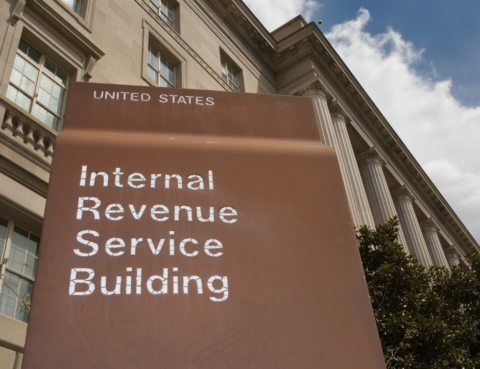Can I Buy a House in Georgia After Bankruptcy? If you’ve filed for bankruptcy, you may be wondering whether you’ll be able to purchase a house for yourself and your family. While it may be challenging to buy a home after bankruptcy – it is possible. People who have a Chapter 7 or Chapter 13…
What is Bankruptcy? An Introduction Declaring bankruptcy can seem like an overwhelming and complicated process, so it’s important to first understand what bankruptcy means. Bankruptcy is the legal process that provides an avenue for individuals and businesses to eliminate many types of debts and repay others. There are different types of bankruptcy, and your financial…
Can I File for Bankruptcy and Keep My Car? If you’re facing financial hardship, you may be anxious to know whether you will be able to keep your car if you file for bankruptcy. For many people, their car is their lifeline, and keeping it is a top concern during the bankruptcy process. Fortunately, the…
How Many Times Can You File For Bankruptcy? Many people deal with multiple financial hardships in their life, whether it’s a fiscal emergency or some type of debt. When a person is facing troubled times, they may decide that filing for bankruptcy is their best option. But is there a limit to how many times…
How to Get a Real, Live IRS Representative on the Phone It’s that time of year again, where we start to gather our financial forms and receipts and begin working on our tax returns. But what do you do if you have a question about filing your income taxes? For example, what if you need…
What is the Difference Between a Mortgage Loan Modification versus a Mortgage Refinance? If you’re a homeowner whose mortgage payments have become more expensive than you’d like them to be, there are a couple of ways of taking those payments down to a more affordable level. The most common options are loan modification or refinancing….
The Benefits of Filing for Bankruptcy: Why File for Bankruptcy Bankruptcy is a legal process that helps relieve individuals and businesses of their debt. There are different types of bankruptcy; the best option for relief depends on a person’s assets and financial situation. Ultimately, bankruptcy is a way to get peace of mind and a…
Mortgage Loan Modification Requirements If you’re a homeowner who is experiencing a financial hardship, it can be a challenge to stay current on your mortgage loan. With a mortgage loan modification, your lender can adjust the original terms of your home loan in order to make the mortgage payments easier or more affordable. There are,…
What is a Mortgage Loan Modification? Owning a home can be challenging, especially when it comes to your finances. If you are a homeowner who is struggling to make your mortgage payments, your lender may be able to offer you something called a mortgage loan modification. Definition of a Mortgage Loan Modification A mortgage loan…
Proposed Fresh Start Through Bankruptcy Act The US Senate is considering a new, bipartisan bill that would allow borrowers to discharge their student loan debt in bankruptcy. The Fresh Start Through Bankruptcy Act of 2021 would amend the current bankruptcy code so that federal student loans could be eligible for discharge in bankruptcy after 10…









